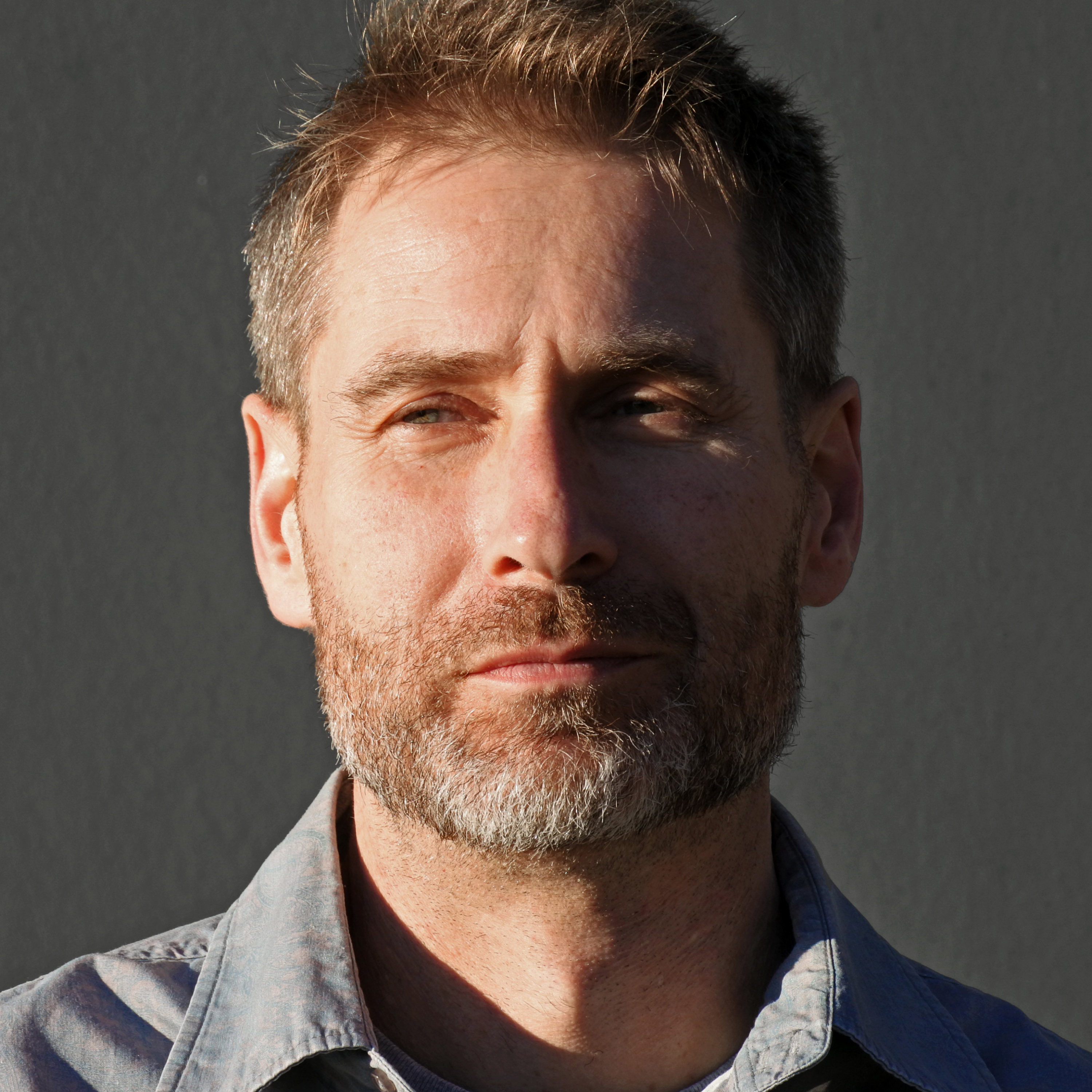Education
BFA, Painting and Drawing, Drake University, Des Moines, IA --1991
BA, Psychology, Drake University, Des Moines, IA --1991
MArch, Harvard University, Cambridge, MA --1995

Campus Office: 0486 Design
Research Interests
All my work seeks to use design to create complex, meaningful and transformative change in the world. One of the critical challenges for such work is the need to continually rework disciplinary boundaries to be more adaptive and purposeful. The most fruitful areas for exploration are interwoven among many disciplines and are only visible in from oblique views. My work always begins by asking What are the new vantage points from which we can redefine and engage problems? Increasingly, the answer is that they are outside of conventional disciplinary contours and follow unexpected trajectories. Even as integrative design practitioners, we have to unlearn attitudes that have carved deep habitual ruts.
My specific project focus on rural environments that are extremely pressured ecologically, socially and economically, while being marginalized culturally. I propose ethical design practices that support resilient, place-based outcomes. The pervasive technology based solutions to rural issues have well-defined parameters. However well intentioned, they often exacerbate ecological fragilities rather than regenerating resilient, sustainable systems. To dig deep into new practices requires the ability to defer short-term interests be they ecological, personal or professional.
Such approach asks us to think beyond narrowly linear notions of how to “advance” architecture. We need to ask instead, How can we “unsettle” and “resettle” the land that will provide for biodiversity, native systems and cultural vibrancy? How can we root ourselves and build community with a deep appreciation of co-habitation with the more than human world? How can we develop richer experiences that find wealth in local knowledge, shared interests and empathy? In short, I call for a creative activism to bring into focus alternatives to consumptive and exploitative practices, an activism founded upon rural design agency and cultural equity. The process of architectural and design endeavors begins by seeking an invitation to work within the communities we serve. Reclaiming discarded and marginalized cultural and natural heritages rooted in place can help redirect us to more ethical and sustainable practices.
Current Projects
Founder and co-director of the Westbrook Artists’ Site (WAS) in Winterset, IA. Activities on-going include residency construction project, prairie burns, foraging and other short workshops and creative place-making. Focus on sustainability, local materials and lifecycles. Particular focus on relationships among land use, resource cultivation and local economies. WAS is 550 acres devoted to rehabilitative ecology, rural design, and creative exploration. https://www.westbrookartistssite.com/
New creative work https://www.westbrookartistssite.com/kevin-lair---co-director.html and on-going development of the re-Imagining Leopold. Creating a sense of purpose and a ording ourselves the time to see the land in essence is the start of any land ethic. ere is a lot to unmoor us from the complexity and signi cance of the land and perhaps not enough to ground us. Our exhibition team is composed of an eclectic group of individuals. However, we believe it is critical to have the resources and opportunities to pursue a land ethic across many disciplines. e research, the work, and the existence of the Leopold Center is a kind of “safe space” in which a diversity of ideas, people, and practices may thrive.
George Stout Fellowships for Art in the Public Sphere Fellowship Project and building cultural equity in rural communities. https://www.artinthepublicsphere.com/
Liberia 40in2021 The project goals will be to foster Liberians innovation and entrepreneurial endeavors using the ISP backpacks to bring broadband internet to underserved areas. The methods will be to use design thinking for innovation will be part of the broader entrepreneurial and training program. This process includes building relationships and trust with the program participants and community on the whole in order to identify opportunities that would make improvements in healthcare services, environmental conditions, community organizations and areas of need. The goals for these opportunities is they work systematically leading to on-going and sustainable practices.
The (d)innovation symposium, is designed to attract national and international attention to Iowa State University, specifically highlighting the synergy between the design thinking community at the College of Design. ISU has devoted considerable resources to the new Student Innovation Center in keeping with the need to create the right environment in which to develop creative and groundbreaking collaborations. (d)innovation anticipates the growth of ISU as a center for innovation, and the symposium has the potential to become a leading event for universities nationally. (d)innovation at ISU is focused on educational outcomes on identifying potential applications for viable innovative enterprises, the ability to advance innovative strategies through tactical experimentation and tests, the creation of new structures and organizational supports to create positive environments for design innovation and establishment of new ventures. (d)innovation is developing professional partnerships and additional programs beyond ISU.